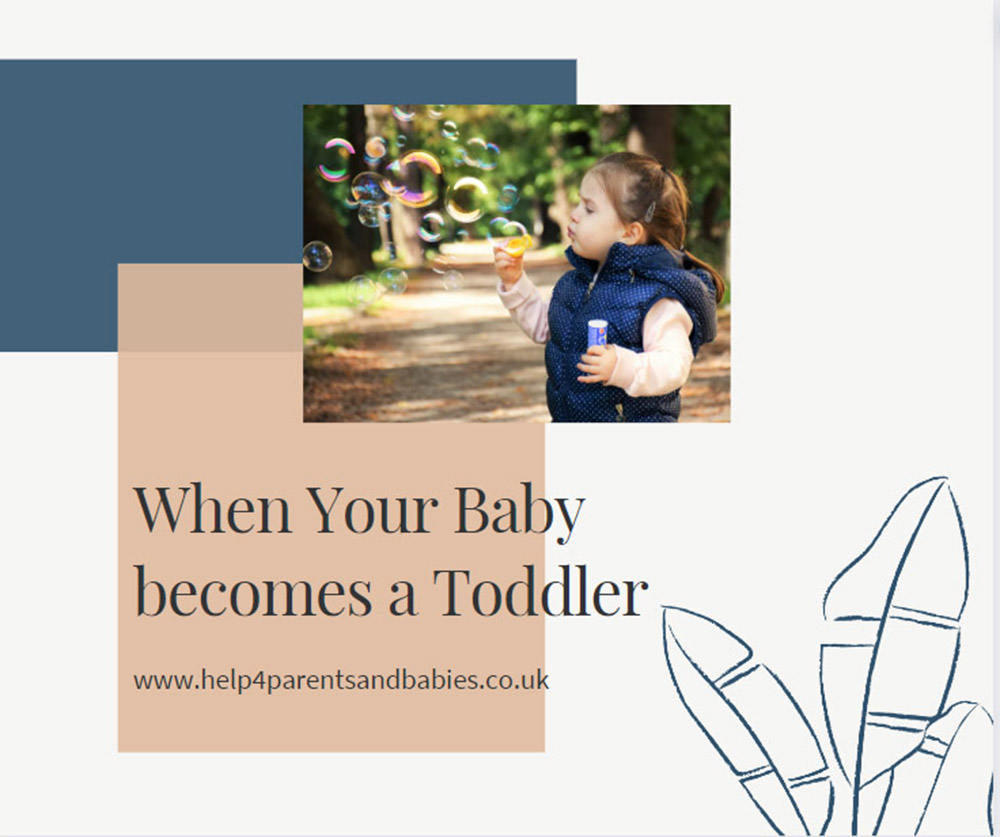Little ones begin to more noticeably develop their imaginations from the age of nine months. What this means is that they will use objects to demonstrate emotional states. This is of course not always deliberate or conscious, but does provide a new way for you to begin to understand what your baby may be feeling. A common example of this that you may have noticed is when your little one starts to drop items, often from their high chair. They see you pick it up and then they do it again and it becomes a game between you. What is happening? Well, partly, your baby is learning more explicitly about cause and effect, that when I do this, this happens, together with the experience of having a direct impact upon what another person does, i.e., I drop this and Papa/Mama picks it up.
Beneath the surface, this play often has another meaning. This is of exploring the ideas of coming and going, seen in other games such as ‘peek-a-boo.’ It provides a sense of mastery over something your baby has little to no control over, i.e., when you are there and not there, for example when you leave the room or your home. In hiding games, delight is experienced at the joy of being found, the proof of your consistent presence, that when you cannot be seen, you still remain. This is often indicative of baby internalising the collective experiences of your reliability and consistency, meaning they can carry around within themselves a sense of security.
If we return to the theme of dropping, a pattern of play that may emerge if baby begins nursery around this time, many parents choosing to do so when their little one is between nine and twelve months, can be indicative of their adapting to this transition. The dropping of a toy can suggest that this is part of how they feel. This is to be entirely expected, as it is a major change in their brief lives. However, this can be very painful to notice and to think about.
This is often the essence of why it may feel hard to play with your baby. It means joining with them in their world, of imagining what is in their mind. Their mind may feel a potentially scary place for you, for example that you may feel guilt if your baby feels a difficult emotion, as if you are somehow failing them or getting it wrong. You might perhaps fear that they will see in you something they do not like, that they will inevitably turn away from you. Imagination means permitting yourself to be curious in your own mind, to allow it to wonder.
If you manage difficult emotion by doing your best to move it to one side or dismiss it, then allowing your mind to roam freely can be challenging, even threatening for you, as it poses the risk of these emotions surfacing. It is important to state that if you have developed these ways of managing emotion, it is because this was likely necessary for you as a child. This will be particularly so if you needed to be watchful or wary growing up, meaning that what was in the minds of those who cared for you, was potentially frightening. This can mean that play with your little one becomes more about their development, is a structured activity such as a jigsaw, or perhaps you are often outside of your home.
Thankfully, therapy can offer an avenue to enable you to begin to explore your mind, to become less fearful of what you feel and think and so start to be more actively curious in the mind of your baby. This will leave you to feel freer to play with your little one and ultimately, to enjoy being with them more.





